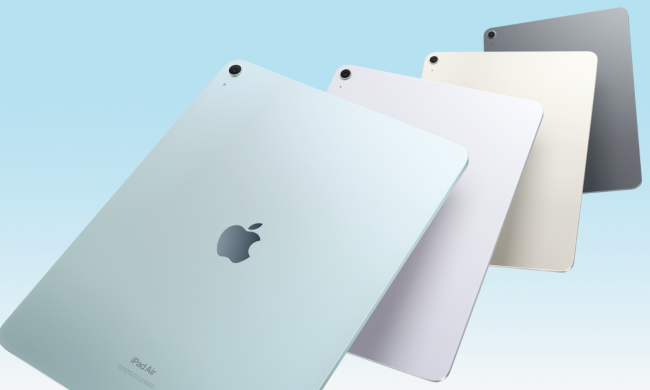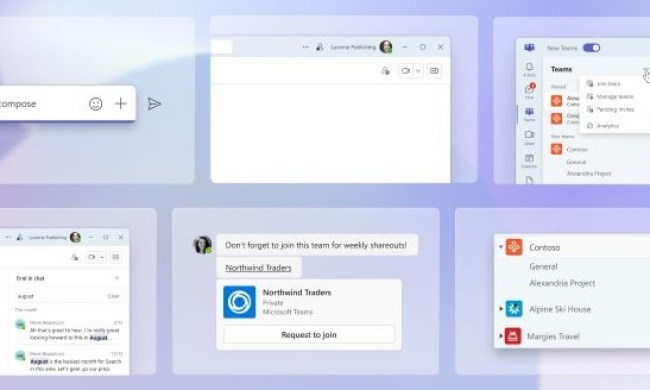
The road to expansion has been somewhat long for Apple, which was awarded a design patent in 2014 for the glass box store. In May 2016, reports surfaced suggesting Boston Properties was considering not renewing Apple’s lease because, according to reports, Apple didn’t want to pay the asking price. Why? Apple apparently felt entitled to the space because it made the location a global tourist draw because of the interestingly designed building.
Now that the disputes have been resolved, Apple has gotten the go-ahead for expansion, news that was confirmed by Boston Properties President Douglas Linde during an earnings call. Also during the call, Apple was referred to as “that mystery tenant we’ve been talking about for over a year,” which is a possible reference to the fact that Boston Properties has been trying to fill space at 767 Fifth Avenue, where the Apple Store is located, for a while now.
Apple seems to have been trying to expand its retail efforts for quite a while now, and not just in the U.S. Late last year, it was reported that Apple was deep in conversation to open stores in India for the first time. The company has also recently been in talks to open a $50 million store in Melbourne, Australia’s famous Federation Square.


